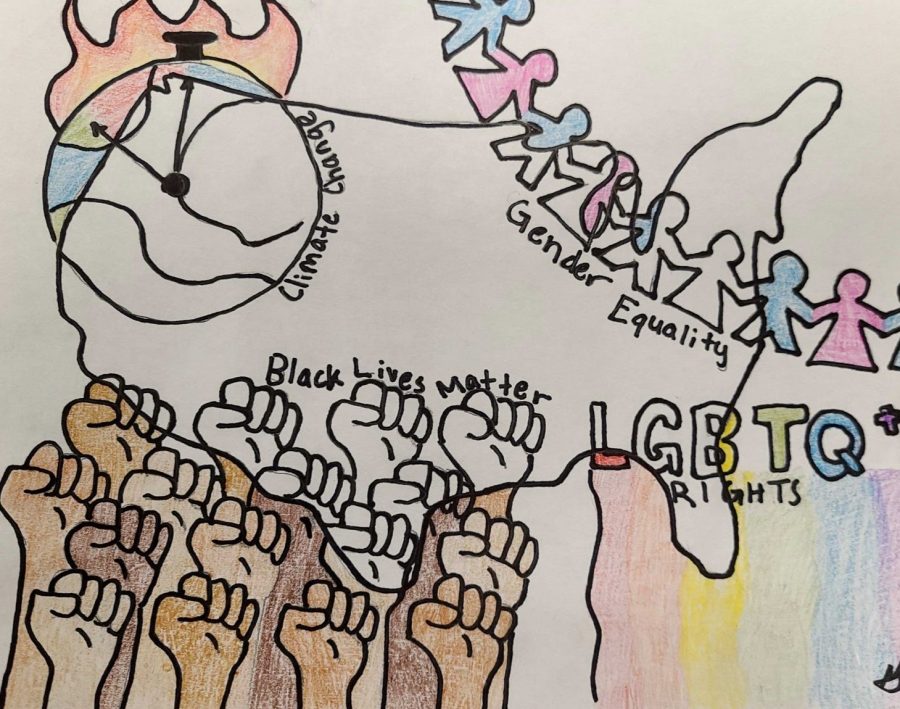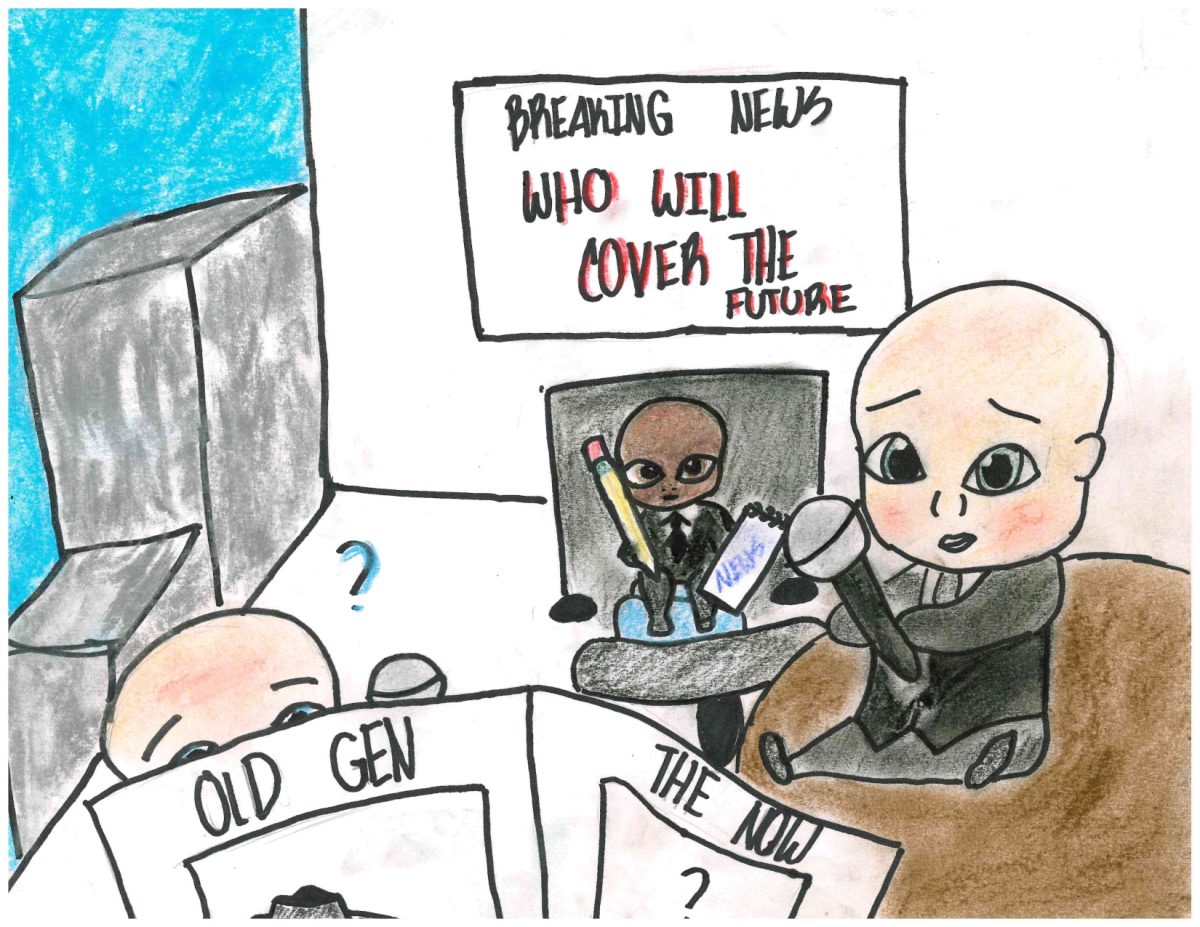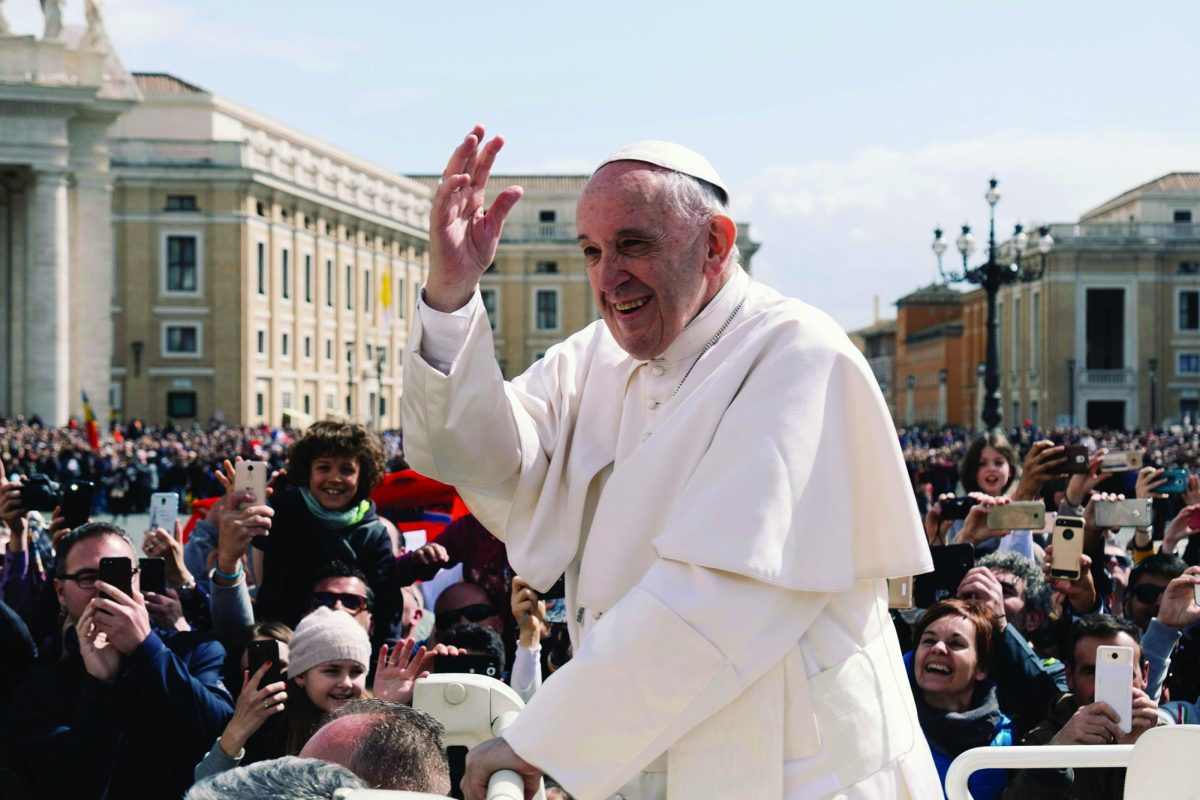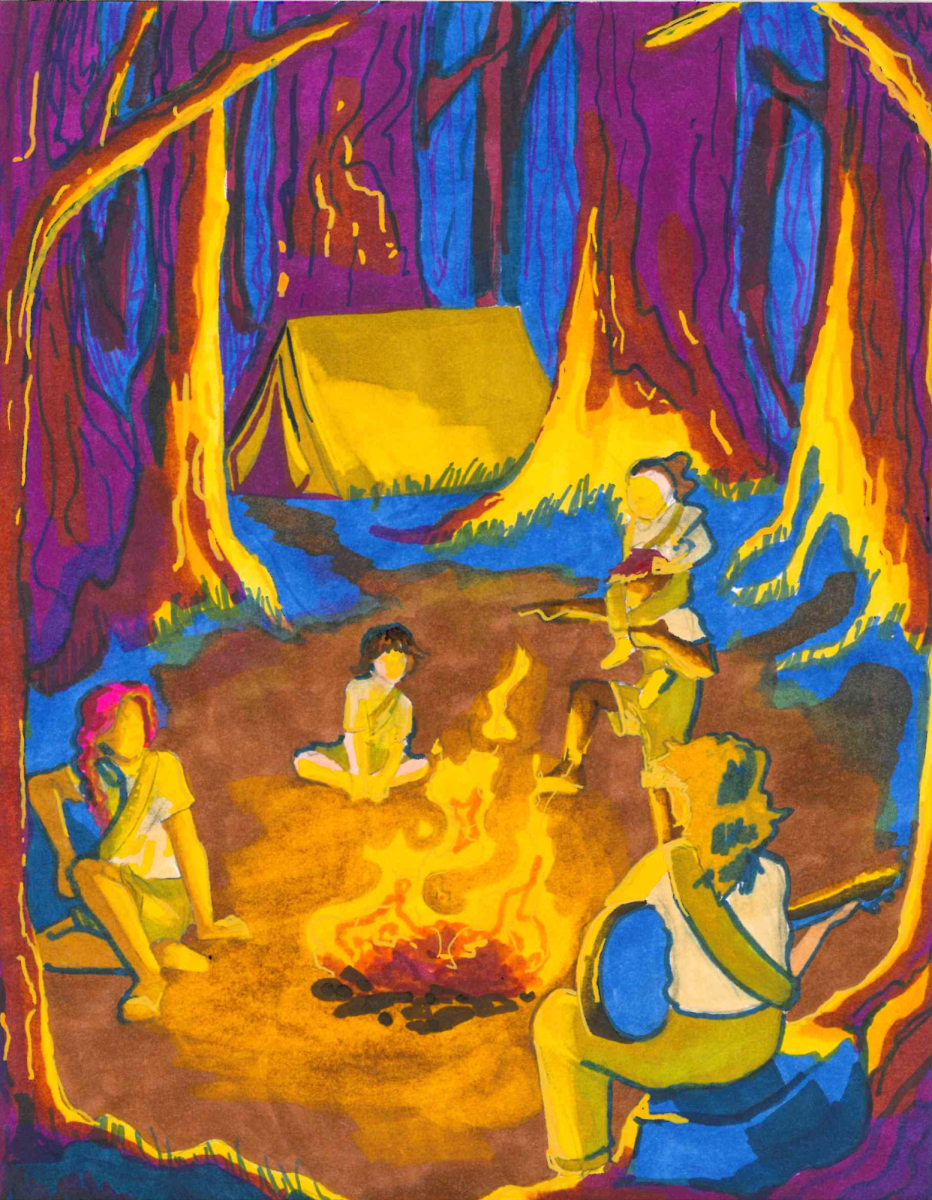Identity: the factor driving partisan divide in the United States. Political identity is the growing phenomenon in the sphere of politics in which people declare their identity through aligning themselves with politics. In establishing identity, and often declaring morality, through political alignment, our politics have grown more emotionally charged. As we seek to find belonging in our beliefs, our political landscape has grown more factious and divided.
American political scientist Francis Fukuyama has studied political identity both intensively and extensively.
According to Fukuyama, as we search for group belonging in our political beliefs, “tribal loyalty” has resulted. Like tribes speak in their native tongues, opposing sides of the political aisle speak in their tribal tongue. This does not just occur in Washington D.C., but in the language used in the news, virtue signalling, and our discussions with others.
When we detect someone speaking in the tongue we speak, we experience a sense of belonging. But language has the power to be incendiary and divide when we begin to feel a belonging to a group and not the whole. While the sense of belonging to a group can bring feelings of fulfilment and purpose, the political landscape is not the place to achieve this if the goal is unity.
Aristotle’s Nicomachean Ethics suggests that people seek ways to align themselves with moral virtue through self-imposed obedience to a higher alignment.
Historically, our innate desire to experience group belonging has been satisfied through the means of theological structures. Religion has facilitated the fulfilment of group belonging as expressed by Aristotle, bringing together individuals striving for esteemed standing and acceptable morality outlined by a higher power.
However, the rise of secularization in the western world has catalyzed individuals to look beyond religious structures. In seeking belonging, individuals have begun to employ political alignments to declare moral virtue, encompassing social standing and religion, and condemn those of other alignments. As James Madison predicted in Federalist No. 10, a growing orientation around core belief principles, morals, and emotive manipulations within politics has emerged and made modern politics more factious.
The rise of political identity, for this reason, has created an animalistic and vicious political landscape in which we regard our political figurehead, not just as a leader, but as a deity. Not only does this create unrealistic expectations for our leaders, but it creates the wrong expectations of our leaders. Our leaders should not fill the role of a tribal leader of the few, but the role of the competent leader to the many.
Unification cannot come from pushing a radical agenda, and it begins with expecting that from our leaders. While it may be easy to claim the spirit of unity, it is harder to open the mind when we feel that, in doing so, a part of our hard earned identity and belonging to a tribe will escape. Diversity of thought is now, arguably more than ever, the most critical ingredient to invoking positive change in our modern political tradition.
Identity: the factor driving partisan divide in the United States. Political identity is the growing phenomenon in the sphere of politics in which people declare their identity through aligning themselves with politics. In establishing identity, and often declaring morality, through political alignment, our politics have grown more emotionally charged. As we seek to find belonging in our beliefs, our political landscape has grown more factious and divided.
American political scientist Francis Fukuyama has studied political identity both intensively and extensively.
According to Fukuyama, as we search for group belonging in our political beliefs, “tribal loyalty” has resulted. Like tribes speak in their native tongues, opposing sides of the political aisle speak in their tribal tongue. This does not just occur in Washington D.C., but in the language used in the news, virtue signalling, and our discussions with others.
When we detect someone speaking in the tongue we speak, we experience a sense of belonging. But language has the power to be incendiary and divide when we begin to feel a belonging to a group and not the whole. While the sense of belonging to a group can bring feelings of fulfilment and purpose, the political landscape is not the place to achieve this if the goal is unity.
Aristotle’s Nicomachean Ethics suggests that people seek ways to align themselves with moral virtue through self-imposed obedience to a higher alignment.
Historically, our innate desire to experience group belonging has been satisfied through the means of theological structures. Religion has facilitated the fulfilment of group belonging as expressed by Aristotle, bringing together individuals striving for esteemed standing and acceptable morality outlined by a higher power.
However, the rise of secularization in the western world has catalyzed individuals to look beyond religious structures. In seeking belonging, individuals have begun to employ political alignments to declare moral virtue, encompassing social standing and religion, and condemn those of other alignments. As James Madison predicted in Federalist No. 10, a growing orientation around core belief principles, morals, and emotive manipulations within politics has emerged and made modern politics more factious.
The rise of political identity, for this reason, has created an animalistic and vicious political landscape in which we regard our political figurehead, not just as a leader, but as a deity. Not only does this create unrealistic expectations for our leaders, but it creates the wrong expectations of our leaders. Our leaders should not fill the role of a tribal leader of the few, but the role of the competent leader to the many.
Unification cannot come from pushing a radical agenda, and it begins with expecting that from our leaders. While it may be easy to claim the spirit of unity, it is harder to open the mind when we feel that, in doing so, a part of our hard earned identity and belonging to a tribe will escape. Diversity of thought is now, arguably more than ever, the most critical ingredient to invoking positive change in our modern political tradition.
A nation in identity crisis
The emergence of heightened political identity in the political landscape poses a threat to the unification of our country.
0
More to Discover







